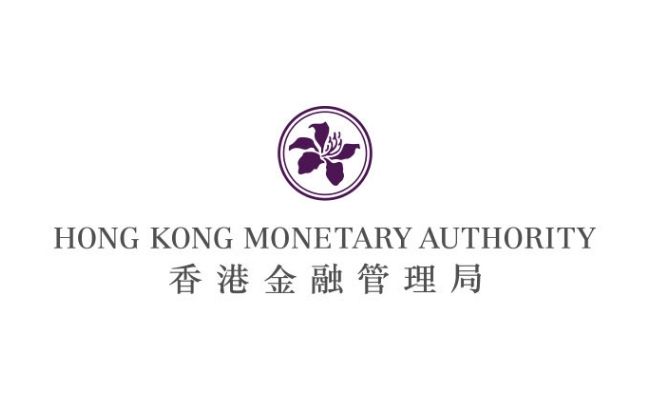
Aussie fintech Volt Bank starts by asking consumers what they want
via ZDNet
In January, the Australian Prudential Regulation Authority (APRA) gave fintech startup Volt Bank a licence to operate without restrictions as an authorised deposit-taking institution (ADI). The green light was given to the new player following APRA approval in May 2018 to act in the Australian finance market as a Restricted ADI.
The APRA approval gave Volt the title as the first digital startup bank in Australia to receive a banking licence since the early 2000s. Funds up to AU$250,000 deposited into Volt are guaranteed by the Australian government as part of this arrangement.
However, as Volt’s senior digital marketing manager Kim Kooren told Salesforce World Tour in Sydney, the company needs to build brand awareness and trust before customers can jump on the neobank without concern.
In Australia, the Commonwealth Bank of Australia (CBA), the National Australia Bank (NAB), the Australia and New Zealand Banking Group (ANZ), and Westpac currently hold around 95% market share of the entire Australian finance industry. So Volt needs to get its name out there, Kooren explained.
To do that, Kooren said Volt stood up Volt Labs to create awareness and connect with customers.
“Volt Labs is a co-creation community in which you can partake in taking surveys, express your interest in events or book events, and later down the track you can help us [by] testing products and other things … Volt Labs is to basically give the voice back to our communities and have them let us know what they want from a bank,” she explained.
“What we want is to actually build the bank that makes people better off, instead of a bank that offers you products that you’re not looking for. A bank that can actually save you more, save you more time, but also protect your data.”
Volt touts its labs concept as a “community that shares and tests ideas to create truly great things”.
Kooren said that Volt of course faces the same challenges as other startups in terms of customer acquisition and scaling up, but said there was absolutely no awareness of the brand, as traditional marketing-driven campaigns weren’t bearing fruit.
“When we started, we didn’t have any awareness — and we’re still working on the awareness piece — but we are nearly at a stage of brand consideration,” she explained. “But the most paramount thing is the trust element. We need to gain trust first in order to actually create that awareness for our audiences.”
Volt decided to implement Salesforce DMP so it could start to own its data.
“As every startup, you start off with a blank canvas — we didn’t have any data ownership,” Kooren said. “With that, we had the greatest opportunity to actually build everything from the ground up with the best tech, the best tools, and the best people, and now the challenge is basically that data that we are gathering, that we start owning that data and accelerate it into the market.”
Prior to DMP, Kooren said Volt was reliant on ad agencies, but said the problem with not owning the data and relying on third parties meant the data was not verified and it also was not unique to Volt.
The company was founded in October 2017 by Australian-based Luke Bunbury and Steve Weston. Bunbury spent time at St George bank and also at Challenger Financial Services. Weston also has St George on his resume, in addition to Barclays and NAB.
Volt hopes to have a product launched later this year.




